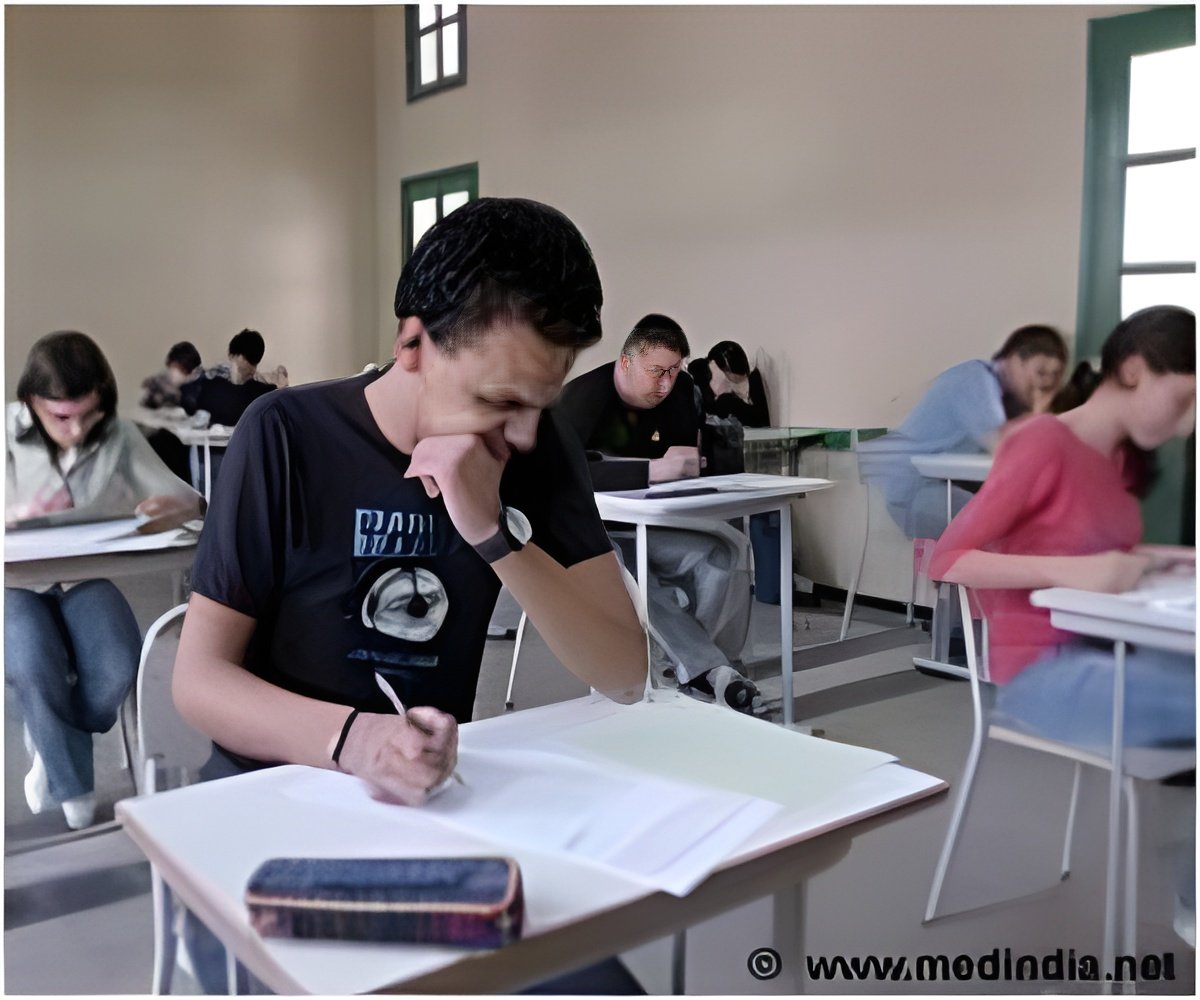Physical fitness may play an important role in boosting brain health and improving academic performance of youngsters, researchers claim

Irene Esteban-Cornejo, MSc, Autonomous University of Madrid, said that as these physical fitness components are highly associated with each other, it is important to differentiate which physical fitness components are important in relation to academic performance.
Esteban-Cornejo and the UP and DOWN Study Group members analysed 2,038 Spanish children and adolescents aged between 6-18 years, and found that though cardiorespiratory capacity and motor ability, both independently and combined, were related to academic performance, the association of academic performance and physical fitness was stronger for motor ability than cardiorespiratory capacity, meaning that motor ability may be more important for academic performance. In contrast, children and adolescents who had both lower levels of cardiorespiratory capacity and motor ability had lower grades. Muscular strength was not independently associated with academic performance.
Esteban-Cornejo said that having high levels of cardiorespiratory and motor fitness may, to some extent, reduces the risk of school failure. Efforts should be made to promote physical activities for children and adolescents that involve aerobic exercises and motor tasks to enhance cardiorespiratory capacity and motor ability, thereby improving academic development.
The study will be published in the Journal of Pediatrics.
Source-ANI












